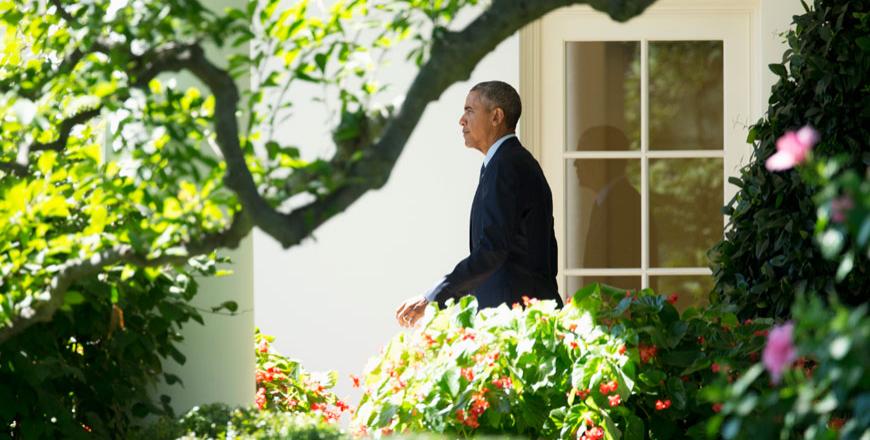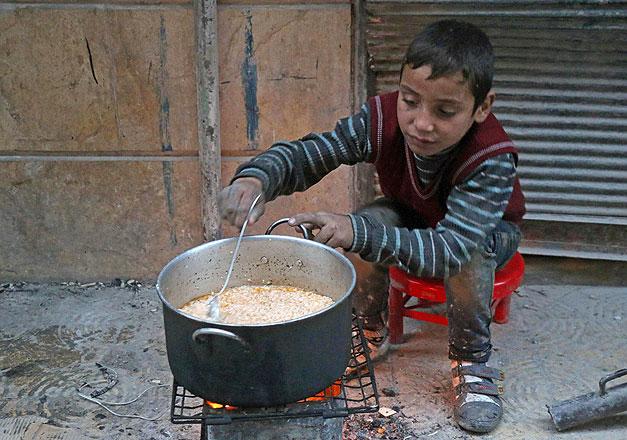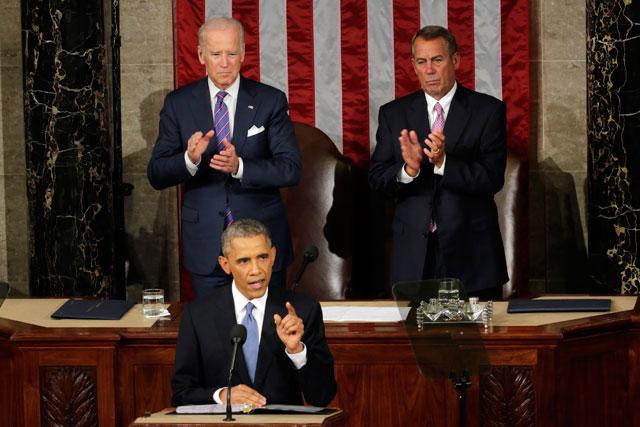You are here
Syria crisis tests Obama’s legacy
By AFP - Sep 14,2015 - Last updated at Sep 14,2015

President Barack Obama walks along the Colonnade outside the Oval Office of the White House in Washington, on Friday (AP photo)
WASHINGTON — US presidents are just as likely to be remembered for their foreign policy failures as their successes.
Jimmy Carter sealed the Camp David accords, bringing peace between Israel and Egypt, but his presidency wilted with every passing day of the Iran hostage crisis.
Bill Clinton failed to stop the horrors of Rwanda's genocide and George W. Bush will forever be remembered as the president who took the United States to a costly war in Iraq.
Barack Obama, the 44th president, has strived for a legacy-gilding nuclear deal with Iran, unfrozen relations with Cuba, pivoted to Asia and hunted down Osama Bin Laden.
But he may ultimately be remembered for his failure to stop a humanitarian catastrophe in Syria.
In just over four years, the conflict has killed more than 240,000 people and prompted the most serious refugee crisis since World War II.
From the blood-stained rock and sand has seeped a miasma of jihadist groups — from Al Qaeda and the Daesh terror group.
The national interest
In many ways, the Syrian problem has been the perfect foreign policy storm for Obama.
He came to office determined to end the perceived hubris of his predecessor.
Wars in Iraq and Afghanistan led to lengthy occupations, draining US resources and poisoning another generation of Muslims against the United States.
"What we've seen from the very beginning," said a senior European diplomat, "is a White House that looks at the problem and looks at the options and solutions and wants to be pretty sure that what is being proposed would make things better rather than worse, before embarking on any fresh policy initiative."
Far from the idealism of his presidential campaign, Obama has taken a hyper-rationalist approach to foreign policy.
"He doesn't believe that another ground war in the Middle East is in our interest," said spokesman Josh Earnest in the latest defence of White House policy.
"It's not in the best interest of our national security, and doesn't logically explain how that would prevent a refugee crisis."
But that only partly explains Obama's reticence. Syria has been at the confluence of a trend running deep through Obama's presidency.
Key figures in his White House have long been irritated that the Middle East perennially dominates presidential agendas.
In their view, populous and fast-growing Asia has, as a result, not always received the attention it deserves — the continent is home to the vast majority of humanity and is likely to lead the global economy in decades to come.
Obama's White House, far from convinced by the notion that America can solve all the world's crises, was more than willing to let allies take the lead in regional crises.
Saudi Arabia in curbing the rise of Shiite militiamen in Yemen, Germany in responding to an economic crisis in Greece and an existential one in Ukraine.
But the US has taken a more hands-off role at a time when a string of former empires — China, Iran, Russia and Turkey — seek to reclaim lost power.
Russia and Iran have propped up Bashar Al Assad's regime for different, but very similar reasons.
Syria offers Russia an important strategic foothold in the Middle East, while Iran has sought out fellow Shiites across the region, destabilising rival Arab states and projecting Tehran's power.
Perfect storm
Against this backdrop, the last few months have proven to be a perfect storm, showing limited engagement also has its costs.
A US-led mission to train up Syrian rebels to fight Daesh, and eventually form a cohort of Sunni troops able to enter the Syrian army, has faltered badly.
Officials who argued the first deployment of a few dozen was premature appear to have been vindicated.
The long-running tragedy of Syria's four million refugees only recently translated into domestic political pressure when Middle East camps overflowed and toddlers washed up on European beaches.
"The Obama administration has sought to avoid that deeper involvement in the conflict, due to scepticism about what a more robust policy could achieve and concern that the regime's allies might retaliate against US personnel and interests elsewhere," said a recent report from the International Crisis Group.
"But this conflict will not end without a shift in US policy."
In private, some US officials express hope that from the chaos of Syria comes a new realisation that the forceful use of US power is essential to maintain some sort of global equilibrium.
And there is also a growing sense that Obama's realism may soon be outweighed by a moral and political imperative to do more.
"Obama has to correct this really black spot on his legacy before the end of his presidency," said one diplomatic source.
Related Articles
WASHINGTON — The fall of the last rebel-held areas in the Syrian city of Aleppo could seal the fate of the "Obama Doctrine", deepening the w
US President Barack Obama, who once famously said he would "always have Israel's back", may be rethinking that promise as aides begin weighing options in response to Prime Minister Benjamin Netanyahu's pre-election disavowal of a two-state solution to the Middle East conflict.
President Barack Obama on Tuesday declared America has turned the page on years of war and economic hardship, in a populist-tinged State of the Union address that set up the battle to succeed him.



















